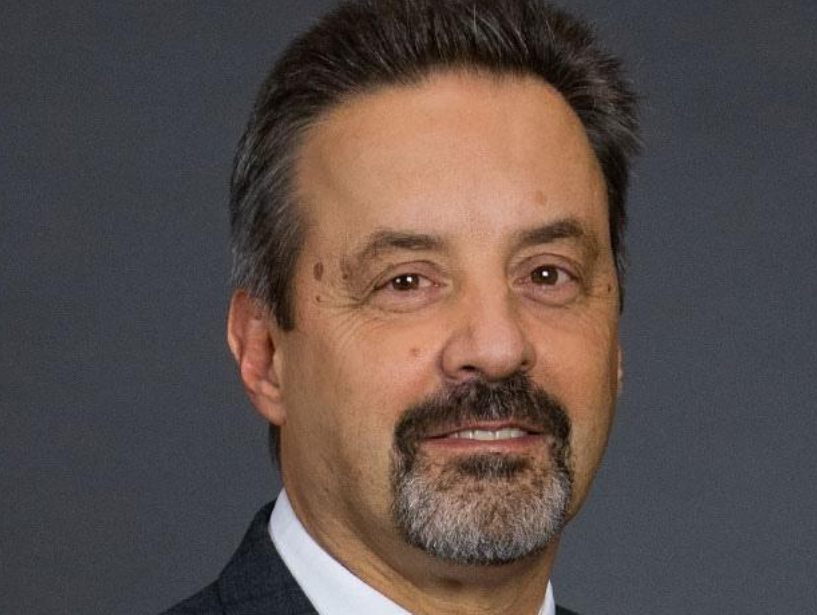This has been a difficult year for citizens, companies, governments, for the global economy overall, but also for universities. However, for NOVA University Lisbon (NOVA), the pandemic was an important test to its resilience and ability to adapt to an unprecedented situation. And, most importantly, it brought us the opportunity to launch a series of transformations already anticipated in our Strategic Plan, which have become essential in responding to the various challenges brought by this global threat.
Our first major challenge, which remains our main priority, was the need to safeguard the health of our students, teachers, researchers and employees, and ensure the safety of our facilities. Earning a “COVID OUT” seal certification accredited by a specialized agency, was critical to the well-being of our Community, and to continue developing our strategy of attracting the best talent, including international students. In fact, we maintain a high international demand, in some cases even higher, especially in our master’s programs.
In terms of teaching and learning, our major challenge was to ensure access to learning for all, which required the provision of computer equipment and internet service to students who had not the economic means to acquire them. Quality face-to-face teaching is, and will remain, the hallmark of NOVA, and of any leading university, even if other hybrid forms that combine face-to-face and distance learning become more common, especially in situations when physical distance between students and teachers is mandatory.
In that sense, the opportunity we see here is to improve quality time in the classroom through Technology-Enhanced Learning, which allows the use of new pedagogical methods, more stimulating and interactive for students and teachers. Another opportunity is the training of people and institutions with new skills that are absolutely essential in the 21st century – and even more in the post-COVID era. We will reinforce our educational training in areas such as Artificial Intelligence and Data Science, including its application to Social Sciences, Arts and Health Sciences and, also, in all the relevant components for sustainable development, from decarbonisation to the promotion of equality. Entrepreneurship, Leadership and Social Innovation are also particularly relevant areas in the economic recovery phase, which we will also support through our educational offer.
At the research level, our scientists readjusted their own agendas, very quickly and effectively, to respond to the most urgent needs of society, taking advantage of available funding for research projects related to Covid19. NOVA used its most valuable resource – knowledge – to continue serving society, even during the most acute phases of the pandemic, through its own initiatives or integrated between different NOVA schools or with external partners. NOVA’s impact in society did not take place only at the lab level, but was also visible outside the walls of the University, through the constant presence of many of our experts in the media, in an effort to keep citizens informed and to mitigate the effects of fake news, which unfortunately also spread as quickly as the virus.
Overall, NOVA’s notable performance during this period helped enhance the trust and recognition by Society on the important role that NOVA and other leading universities can play in the face of global challenges, in general. This role is even higher and more impactful when they collaborate with each other and make optimal use of the opportunities that can stem from the existing international networks of universities.
Universities worldwide were not prepared for something like COVID‑19, but they should draw on the lessons learnt in this challenging year and devise a strategy to overcome the next wave of global shocks and threats. NOVA’s strategy will definitely include the (re)definition of collaborative agendas with businesses, public sector and social entities in areas such as Agriculture, Health and Wellbeing, Biotechnology, Bioinformatics, Social Innovation and in all other areas of sustainable development.
It is crucial that, in the post-Covid era, we resume our efforts to fulfill the commitment made to the Sustainable Development Goals and the Green Deal Agenda, to build a greener, more equal, and more prosperous world, and NOVA, as a global and civic university, definitely intends to do its part in ensuring that.
Article by Prof. João Sàágua, Rector of NOVA University Lisbon.










